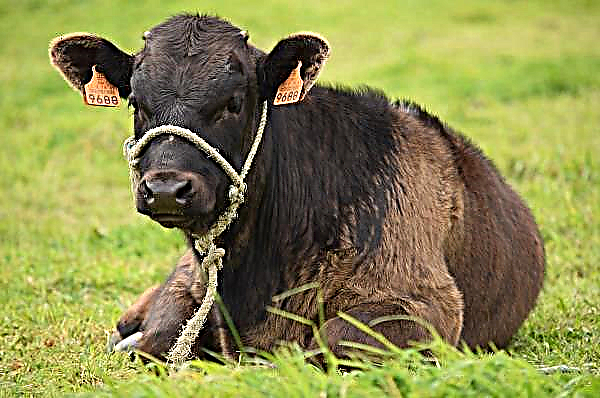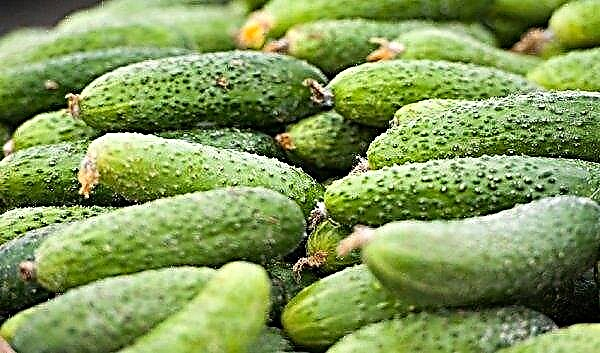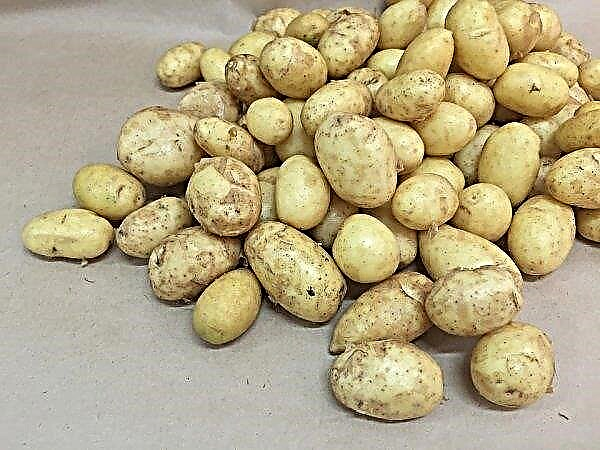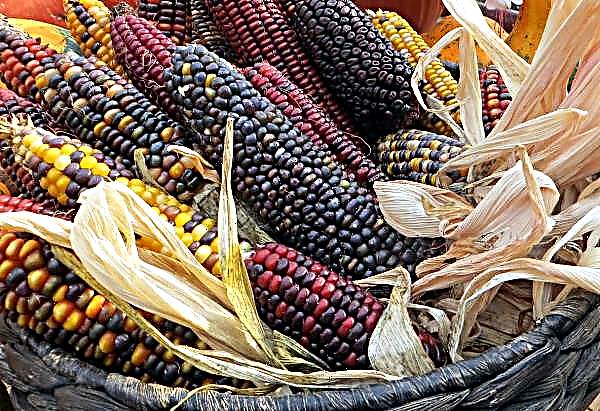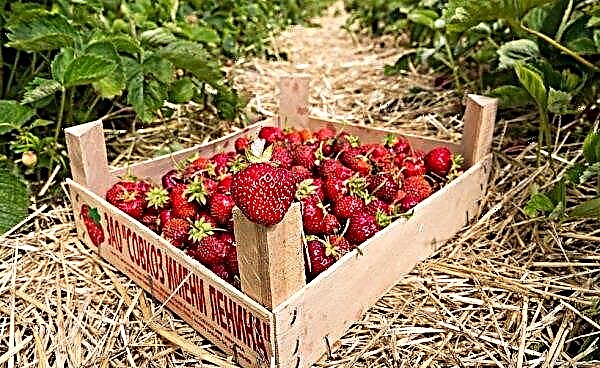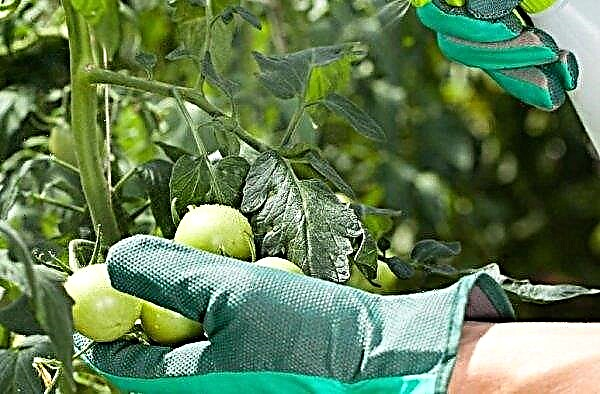Not all poultry farmers know that one of the best nutritional supplements for egg-laying chickens is fish oil. The presence of fish oil in feed significantly increases the egg production of birds. In this article, we will consider how to properly feed fish oil to chickens and chickens and what are the dosages for each age category of birds.
Why do chickens need fish oil
Vitamins contained in fish oil will increase the laying hens immunity to viruses and diseases. It is equally useful for both chickens and adult chickens raised for eggs or meat. Poultry farmers need to adhere to the correct dosage of the product and adjust it depending on the health of the birds.
In order for poultry farming to be profitable, the farmer needs to take care that all birds (broilers, chickens and laying hens) receive full-fledged food. Also, their diet should contain all the necessary vitamins and minerals, because their absence is bad for the growth of young animals and egg laying hens.
A well fortified food will help prevent outbreaks of disease in the chicken coop.
Did you know? A laying hen living in Papua (New Guinea) laid the smallest egg in the world, weighing 9.743 g.
What contains fish oil:
- Vitamin A
- Vitamin D
- Vitamin E
- Omega 3
- Omega-6;
- Omega 9.

- Useful properties of fish oil for birds:
- Poultry needs vitamins at any stage of growth. Young animals and broiler chickens are supplemented with vitamin supplements to feed their health and promote rapid growth.
- Food rich in useful trace elements (iodine, bromine, phosphorus and sulfur), chickens need to increase the number of laid eggs. Balanced feeding will help reduce mortality in the cold season. Vitamins A and E serve as a barrier to allergies, digestive diseases and anemia.
- For chickens that lay eggs, the product is a source of complete vitamins, thanks to which the shell on the eggs remains solid. High egg production of a bird largely depends on nutrition in a certain period of the year. Without vitamin supplements, birds are more susceptible to disease, their productivity decreases. The chicken body absorbs the feed, which added fish oil, several times faster and more efficiently, as the nutrients from the food without delay pass through the stage of oxidation and emulsification, after which they enter the cell membranes.
- After taking a liquid vitamin supplement, the amount of cholesterol and triglycerides in the blood of a bird decreases. Especially valuable is the ability of the drug to strengthen and heal the circulatory system of birds.
Release form and description
The veterinary industry produces this product in bottles of dark brown glass with a volume of 100 ml, in half-liter plastic dark bottles or in gelatin capsules. Externally, the drug looks like a thick, yellow, oily substance with a not too pleasant fish aroma.
Important! The fat extracted from the liver of marine fish does not contain any artificial impurities, only natural substances, minerals and vitamins.
The product is obtained from the liver and viscera of fish living in the sea.
How to give chickens and how much
This vitamin supplement is especially valuable for birds at the beginning of winter or in protracted spring. Veterinarians recommend using this supplement once every six months, with weekly intervals between the seven-day period of admission. As soon as chickens are released on a free range with access to young herbs, the drug is stopped adding them to food.
Chickens
On the 6th day after the appearance of the eggs, the chickens begin to be given fish oil, for which they mix the product into the feed at the rate of 0.2 ml per head. Gradually, the amount of the drug is increased, bringing to a maximum dose of 0.5 ml per chicken.
Layers
For adult inhabitants of the chicken coop, the optimal daily dose of a liquid product is from 2 to 5 ml. Layers living year-round in the cellular content, this drug is added to the diet throughout the year with short pauses between doses.
Broilers
The dosage for adult broilers raised for meat is twice the dosage for chicken laying eggs. This is due to the fact that the broiler's body weight is usually 2 or more times higher than the weight of an ordinary chicken.
Did you know? A disease called bird flu is extremely contagious. The highly pathogenic form of this disease can kill from 90 to 100% of the birds in the herd in just 48 hours.
Like any other chickens, young broilers begin to add fish oil on the sixth day of life, gradually increasing the individual daily dose to 1 ml. The norm for an adult broiler consists of 5 ml of product per day.
Is it possible to add liquid fish oil to food
Since the preparation looks like a thick, oily liquid, it is diluted in one to two ratio before feeding to the bird in water heated to a warm state. The diluted liquid is added to the mixed bird feed.
Contraindications and side effects
It is necessary to take into account the fact that the meat of chickens, in the diet of which there is fish oil, starts to smell like fish, therefore, 10 days before the expected date of slaughter of the bird, the addition of fat to the feed is stopped.
Shelf life and storage conditions
The product must be stored in a cool place, for example, on the side shelf of the refrigerator, out of the reach of ultraviolet light. Failure to comply with these recommendations will lead to the fact that initially this product, which is not too pleasant in taste and aroma, acquires a rancid taste and smell when stored incorrectly.
Important! The sun's rays destroy vitamin A in the product. On vitamin D, the sun has not only a destructive effect, but also contributes to its transformation into poison (toxysteriol).
The addition of fish oil to poultry feed will help the poultry breeder increase the profitability of production, as it will reduce the mortality of chickens, increase the laying capacity of laying hens and shorten the time required for broilers to increase their weight.

